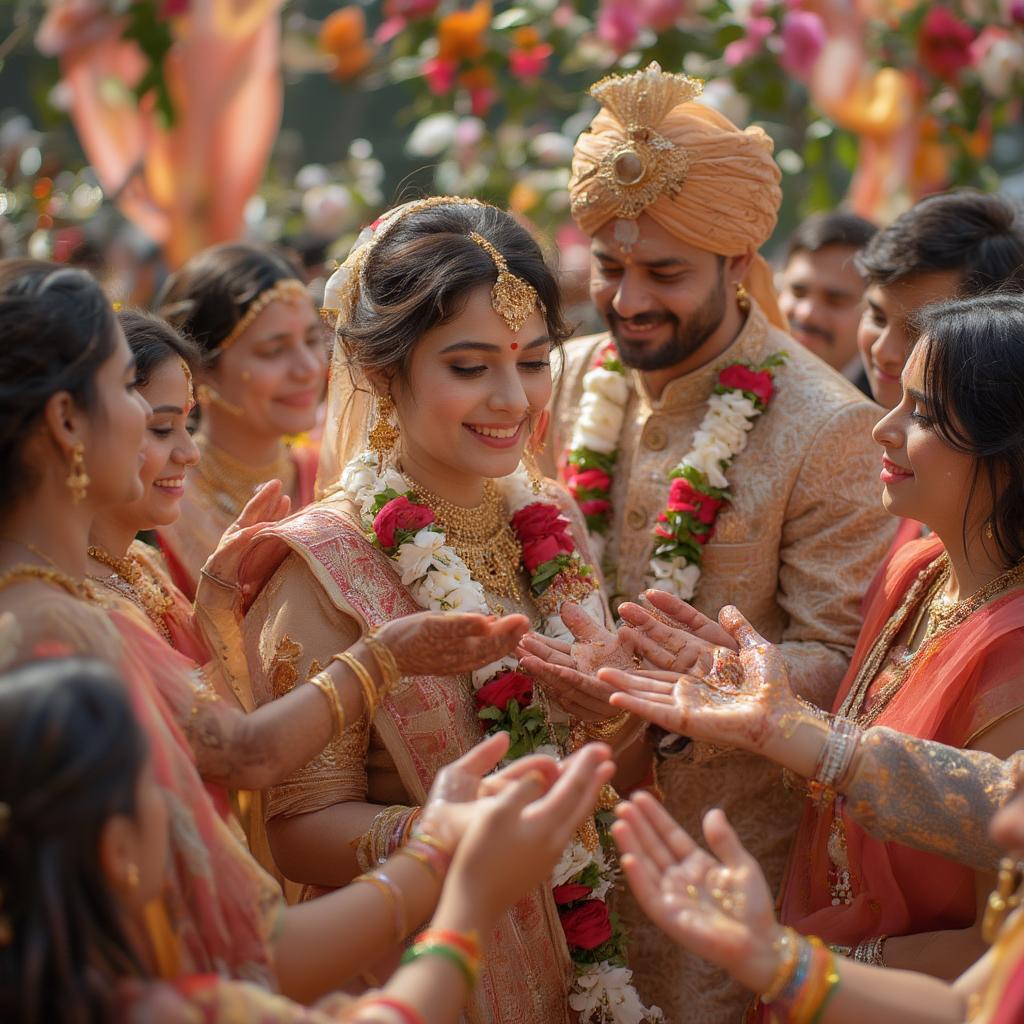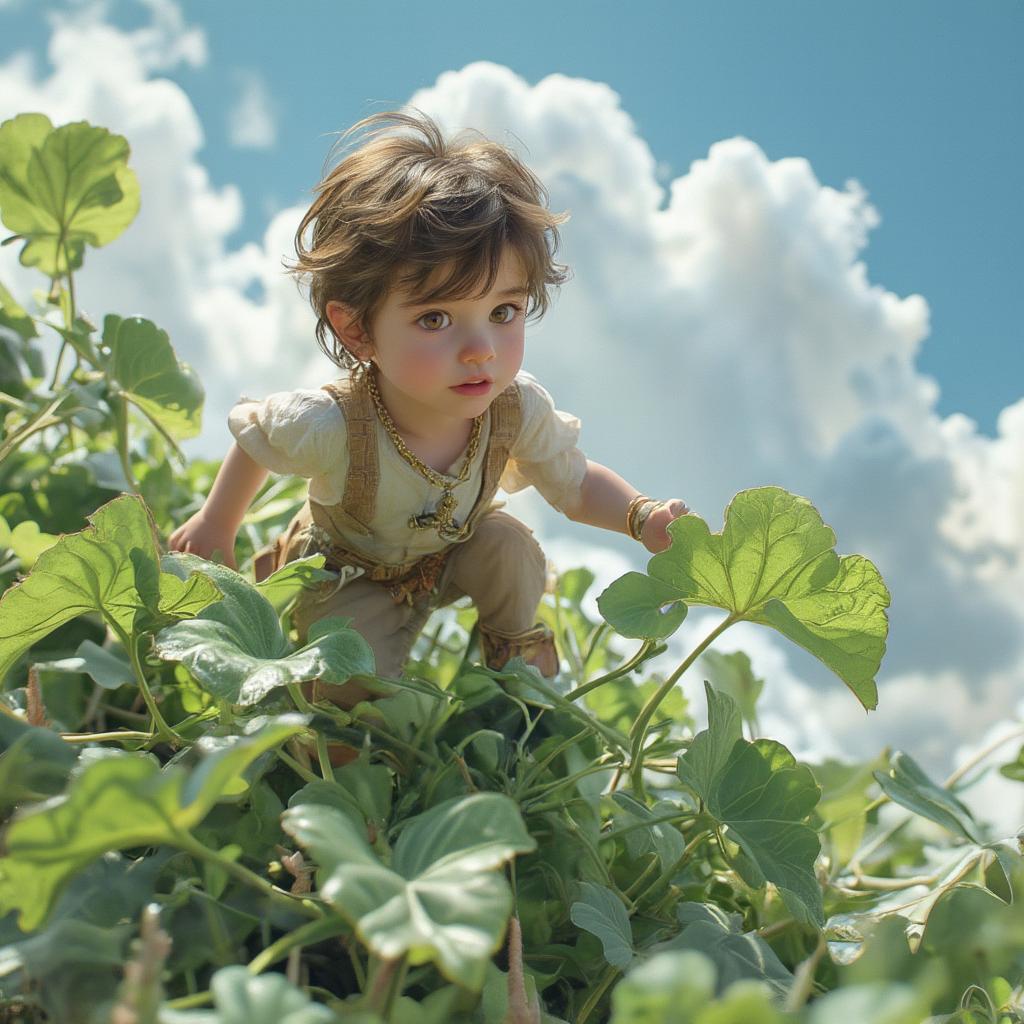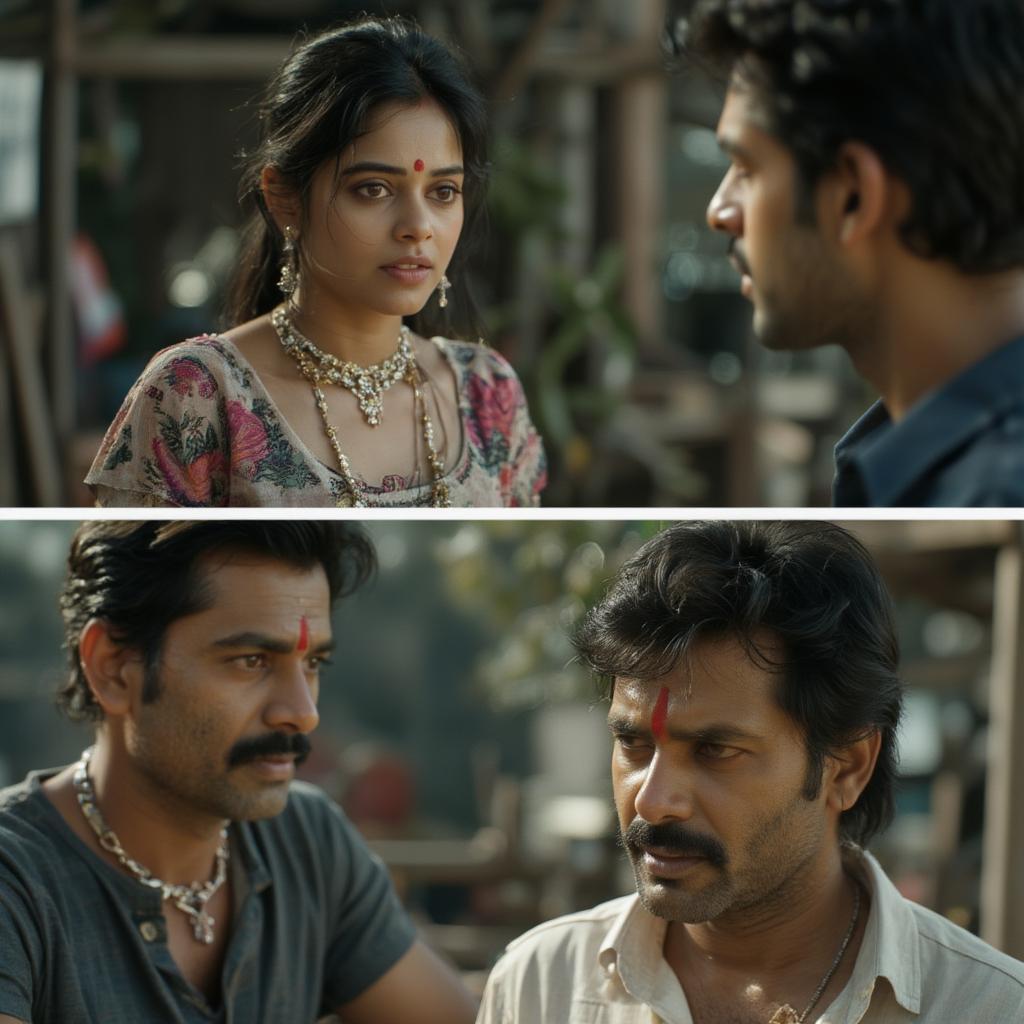Jug Jug Jeeyo: Unpacking the Heartfelt Blessing & Cultural Impact

The phrase “Jug Jug Jeeyo,” often heard during joyous occasions in South Asian cultures, carries profound meaning. It’s more than just a simple wish; it’s a deeply ingrained blessing expressing hopes for a long, prosperous, and healthy life. But what exactly does “Jug Jug Jeeyo” mean, why is it so prevalent, and what does it represent within the vibrant tapestry of South Asian traditions? Let’s explore.
The Meaning Behind “Jug Jug Jeeyo”
At its core, “Jug Jug Jeeyo” translates to “live long, age after age,” or “may you live for eons.” This heartfelt sentiment transcends simple well wishes; it’s a powerful affirmation of life and a sincere desire for the recipient’s enduring happiness. The phrase is often invoked during weddings, birthdays, and other significant milestones, highlighting its significance in celebrating life’s journey. It’s a wish imbued with tradition and carrying the weight of generations of blessings. Imagine a grandmother gently placing her hand on her grandchild’s head, whispering “Jug Jug Jeeyo” – it’s a moment filled with love, hope, and the weight of cultural heritage.
Exploring the Linguistic Roots
The phrase’s origins can be traced to languages spoken across South Asia, predominantly Hindi and Punjabi, and its usage transcends regional boundaries. The word “Jug” refers to an era or a cycle of time, implying a wish for a life that extends through many such cycles. “Jeeyo” translates to “live” or “may you live”. The combination of these words creates a potent blessing that encapsulates the essence of longevity and prosperity. It’s also interesting to see how similar expressions exist in other cultures, albeit with different linguistic roots, reinforcing the universal desire for a long and fulfilling life.
When Do We Hear “Jug Jug Jeeyo”?
“Jug Jug Jeeyo” isn’t limited to a specific context; it’s a versatile blessing that resonates across numerous joyous occasions. Let’s consider some of the most common scenarios:
- Weddings: During wedding ceremonies, particularly in South Asian cultures, elders often bless the newlyweds with “Jug Jug Jeeyo,” wishing them a long and happy married life filled with shared experiences. This blessing is not just for the couple but is also seen as an extension of blessings upon the new family that is being created.
- Birthdays: It is a frequent expression of heartfelt wishes for someone to celebrate many more birthdays. This isn’t simply acknowledging the passing of another year; it’s a profound expression of care and a wish for a life that unfolds fully and richly.
- Religious Festivals and Celebrations: During religious festivals and gatherings, “Jug Jug Jeeyo” is often heard, reflecting the community’s shared hopes for the well-being of all its members. This can be particularly poignant during times of prayer and togetherness.
- Other Special Occasions: Any significant milestone, such as graduation ceremonies, new job celebrations, or even when someone embarks on a new journey, may be met with this blessing. This makes it a uniquely versatile and enduring expression of care and positive sentiment.
The Emotional Impact
The impact of hearing “Jug Jug Jeeyo” goes beyond the literal meaning. It’s an emotion-laden phrase that evokes feelings of warmth, love, and deep-rooted cultural connection. For many, it carries a sense of familiarity and comfort, reminding them of their roots and the values instilled by generations before them. The phrase can also evoke nostalgia, bringing back memories of family gatherings and traditional celebrations. It’s not just words; it’s a feeling – a tangible connection to one’s cultural heritage. It’s about conveying care through a time-tested phrase.
“Jug Jug Jeeyo” in Modern Times
While steeped in tradition, “Jug Jug Jeeyo” has also found its place in modern usage. It continues to be relevant, used both in traditional settings and in everyday conversations. Here’s how:
- Popular Culture: It’s appearing in movies, TV shows, and even music, reflecting its continued relevance and its gradual infusion into the broader cultural narrative. Its use in media has helped bridge the gap between generations, reminding younger audiences of the importance of their cultural heritage.
- Diaspora Communities: For South Asian communities living outside of their ancestral homelands, “Jug Jug Jeeyo” acts as a strong cultural anchor, keeping them connected to their roots. It serves as a reminder of traditions and values that have been passed down through generations. It reinforces their sense of belonging and shared identity in a global context.
- Online & Social Media: In the digital age, the phrase has found its way into social media posts and online conversations, showcasing its adaptability and continued usage amongst younger generations. You’ll see it used in celebratory posts, in the comments section when people achieve milestones, or just as a general expression of goodwill.
The Enduring Legacy
The enduring legacy of “Jug Jug Jeeyo” lies in its simplicity and power. It’s a testament to the importance of wishes, blessings, and the enduring bonds of love and community. It encapsulates a collective desire for prosperity and well-being, transcending individual differences. It also stands as a unique element of South Asian cultural identity, reflecting shared values and traditions. This phrase has, and continues to be, passed down through generations, keeping its meaning intact.
“The beauty of ‘Jug Jug Jeeyo’ lies in its timelessness. It’s not just a wish, but an affirmation of life and a celebration of the human spirit. In a world constantly changing, these blessings keep us connected to our roots,” says Dr. Anika Sharma, a cultural anthropologist specializing in South Asian traditions.

Why Does “Jug Jug Jeeyo” Resonate so Deeply?
The power of “Jug Jug Jeeyo” goes beyond its literal meaning. Let’s explore what makes it so special:
- Cultural Roots: It’s deeply embedded in South Asian cultures, making it a powerful symbol of cultural identity and heritage. This connection adds layers of meaning, turning the simple wish into something deeply resonant.
- Intergenerational Connection: It’s often passed down through generations, creating a powerful link between ancestors and their descendants. This intergenerational continuity reinforces its significance and makes it all the more heartfelt.
- Positive Energy: The phrase is inherently optimistic, conveying wishes for a long, healthy, and prosperous life. Its inherently positive tone uplifts, making it a welcome and treasured sentiment. It represents the hopes and prayers of the collective consciousness.
- Simplicity & Universality: Despite its cultural specificity, the desire for a long and happy life is a universal human experience. It’s easy to understand and universally relatable, making the phrase resonate with people from diverse backgrounds.
- Blessing of Elders: When an elder says “Jug Jug Jeeyo”, it carries the additional weight of their experiences and wisdom. It’s a manifestation of their blessings and a symbol of their love and care for the younger generation.
The Significance of Blessings
In many cultures, blessings play a significant role in shaping lives and transmitting positive energy. “Jug Jug Jeeyo” is not just an utterance; it’s an act of giving blessings and imparting good wishes. These blessings are thought to act as catalysts, influencing the recipient’s well-being and future. The belief in the power of blessings further elevates the status of this phrase in South Asian cultures.
“In my experience, I’ve seen the magic of ‘Jug Jug Jeeyo’ firsthand. It’s more than just a wish; it’s a powerful prayer that brings positivity and good fortune into our lives,” shares Mrs. Priya Kapoor, a renowned spiritual counselor.
How to Properly Use “Jug Jug Jeeyo”
While it’s a well-loved phrase, let’s look at some best practices on using it appropriately.
- Context is Key: Always ensure the context is suitable. It’s best used during celebrations, special milestones, or when wishing someone well in general.
- Sincerity Matters: The delivery should be sincere. The emotional weight behind the phrase is important, so a heartfelt delivery strengthens its impact.
- Respect Elders: It is considered respectful to receive this blessing from elders, as it reflects their love and care. When delivered by elders, it’s an even more potent sentiment.
- Don’t Overuse: While a beautiful wish, avoid overusing it in mundane or inappropriate contexts. Reserve it for truly special occasions or for times of genuine wishing of good health and prosperity.
- Cultural Sensitivity: Be aware and considerate of the cultural background when using this phrase. It’s important to understand the significance it holds for the people who use it regularly.

Conclusion: The Timeless Power of “Jug Jug Jeeyo”
In essence, “Jug Jug Jeeyo” is more than just a traditional phrase; it’s a powerful expression of hope, love, and cultural identity. It’s a timeless blessing that continues to resonate across generations, fostering a sense of unity, well-being, and shared cultural heritage. Its adaptability ensures its continued usage in both traditional settings and the modern landscape, keeping it a vibrant part of the South Asian cultural fabric. The phrase encapsulates not just the hope for a long life but for a life well-lived, full of joy, good health, and prosperity. As we embrace this age-old sentiment, we not only connect with our cultural roots but also wish for a better future for all.
FAQ – Jug Jug Jeeyo: Understanding the Blessing
1. What is the direct translation of “Jug Jug Jeeyo”?
“Jug Jug Jeeyo” translates directly to “live long, age after age” or “may you live for eons,” emphasizing the wish for a long and prosperous life.
2. When is it appropriate to use “Jug Jug Jeeyo”?
This blessing is typically used during joyous occasions such as weddings, birthdays, religious festivals, and other significant milestones. It conveys a wish for a long and happy life.
3. Is “Jug Jug Jeeyo” exclusive to one region in South Asia?
While primarily used in Hindi and Punjabi-speaking regions, “Jug Jug Jeeyo” transcends regional boundaries, resonating across various South Asian cultures and communities.
4. What does it mean when an elder says “Jug Jug Jeeyo”?
When an elder uses this phrase, it carries added weight and significance, embodying their blessings, love, and hopes for the recipient’s well-being. It also symbolizes the passing of intergenerational wisdom.
5. Can I use “Jug Jug Jeeyo” if I am not from a South Asian background?
It is crucial to be culturally sensitive when using phrases from other traditions. While it’s a universal expression of goodwill, using it with respect and understanding of its cultural context is essential.
6. Has the meaning of “Jug Jug Jeeyo” changed over time?
The core meaning of the phrase, wishing someone a long and healthy life, has remained consistent over time. However, its usage has evolved to include its application in modern contexts, demonstrating its continued relevance.
7. How does “Jug Jug Jeeyo” compare to other blessings or well-wishes?
While many cultures have their unique ways of wishing for longevity, “Jug Jug Jeeyo” stands out due to its rich cultural heritage and deep-rooted significance within South Asian communities. It’s more than just a wish – it’s a cultural legacy.
8. Can “Jug Jug Jeeyo” be used in modern media or pop culture?
Yes, this phrase is finding its place in modern media, including movies, TV shows, and music, reflecting its continued relevance and adaptation within contemporary society, exposing it to a wider audience.
9. Is “Jug Jug Jeeyo” used online or in social media?
Absolutely! The phrase is actively used in social media and online conversations, often to express good wishes or during celebrations, highlighting its usage among newer generations.




